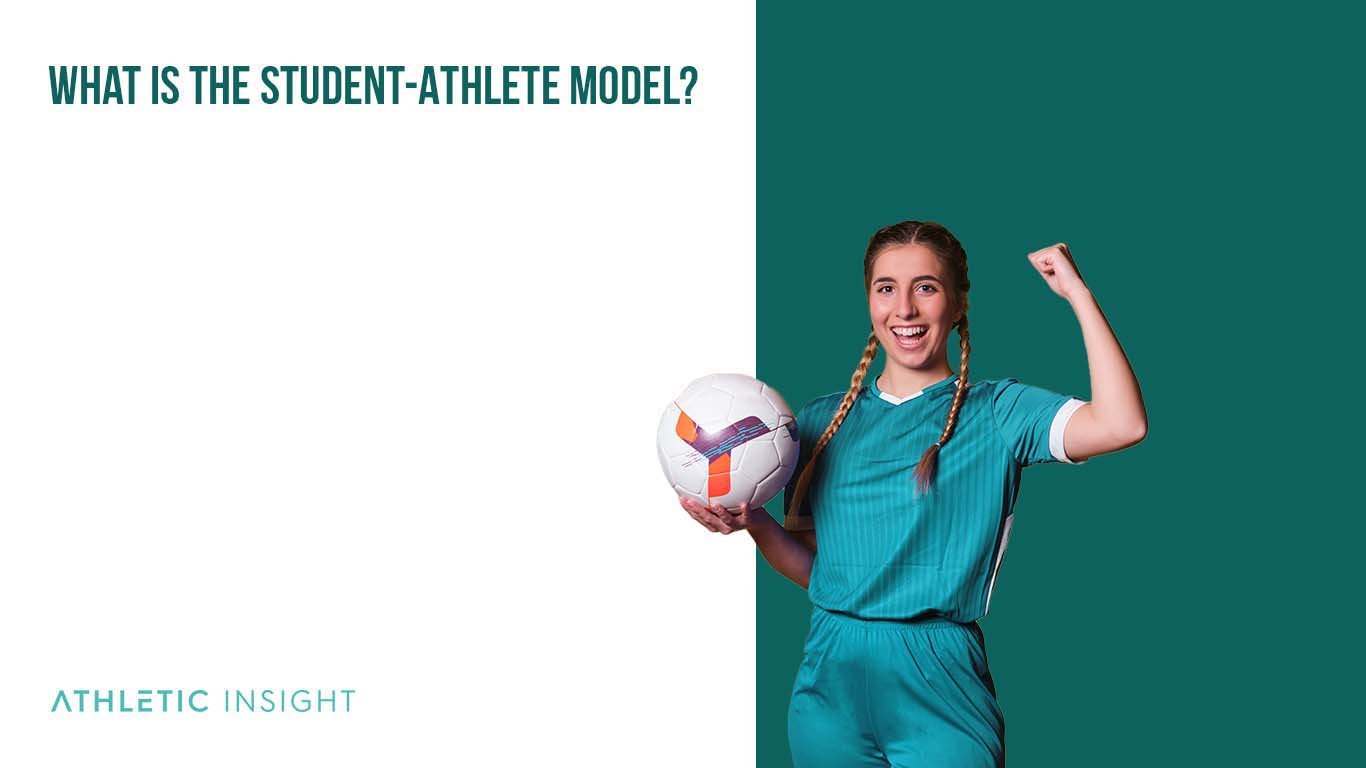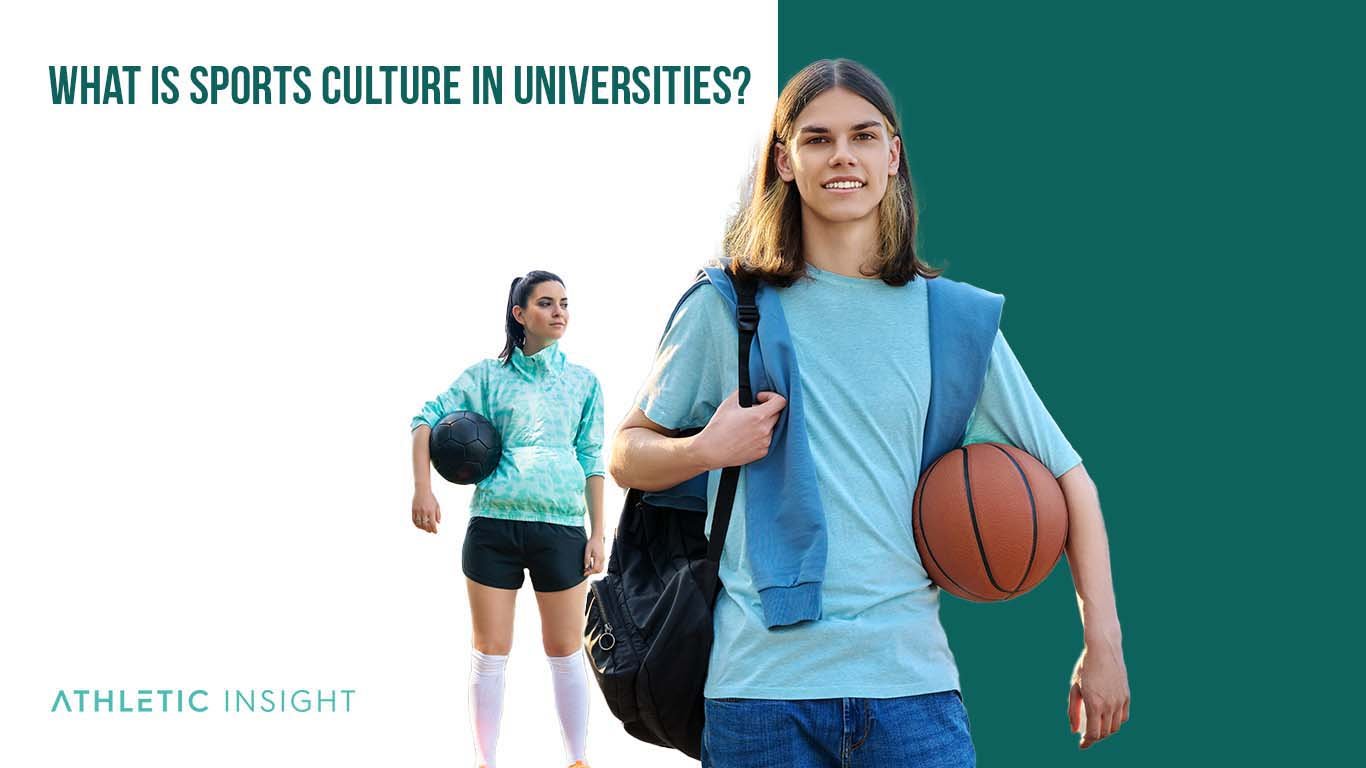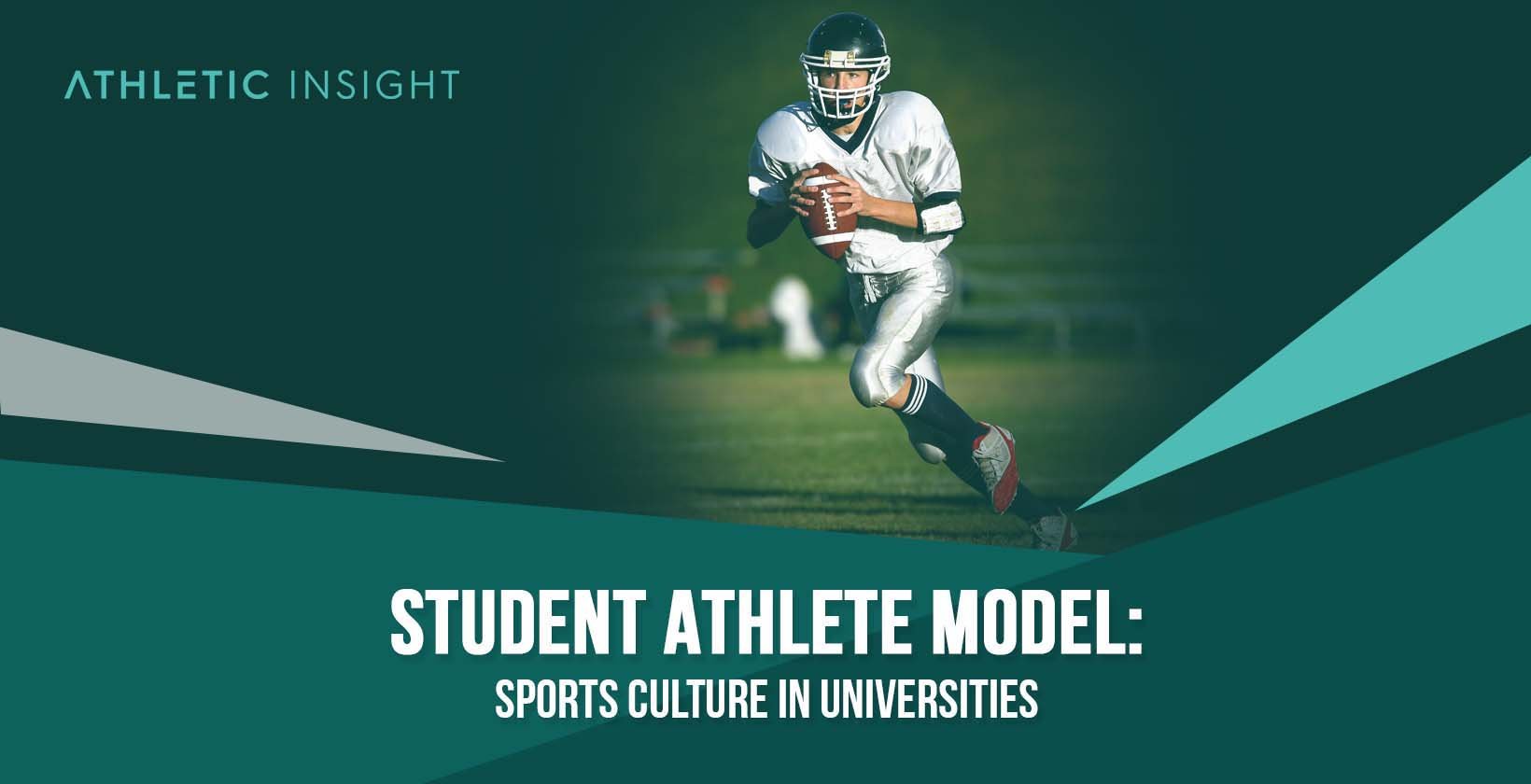The college career of a student-athlete is a multidimensional opportunity in their life that results in a dual growth for the student-athlete. They face the challenge of striking a balance between playing sports and pursuing a college education. At times, these roles can come into conflict.
The conflict is created because playing college sports is a privilege earned by maintaining academic eligibility and prioritizing academic rigor. Students often enter college with high expectations for themselves, but become overwhelmed and have to reconcile the conflict to succeed in sports and the classroom.
The sports culture and pressure on student-athletes vary within each unique university culture. At large universities that generate large amounts of revenue through sports, such as Florida State University, the demand for sports success is much greater. Typically, at the highest level, the pressure on the student-athletes is focused heavily on preparation, training, and competition.
Mid-sized universities, namely Division II schools such as West Chester University in Pennsylvania, offer scholarship sports but generally don’t rely on sports revenue. This shift in the sports culture often allows the student to maintain a greater academic focus.
At a school that doesn’t offer athletic scholarships but still offers athletics, such as Washington University in St. Louis, the sports culture may entirely depend on academic success. Student-athletes must maintain their studies to hold the academic scholarships to attend school and play sports.
What is the Student-Athlete Model?
The Student-Athlete Model is the all-encompassing experience of simultaneously playing college sports and pursuing a college degree. Student-athletes face intense pressures that exceed those of the average college student’s career due to this challenging double role.

Nowadays, student-athletes have to work even harder to maintain their schedule, body, diet, sleep, and mental health. Continual advances in sports science cause consistent pressure on student-athletes to train at the highest levels that science will support, often to the detriment of academic studies.
The demands placed on student-athletes are comparable to those of professional athletes. Student-athletes are training and performing at the professional level, except college athletes have to play to earn their education, rather than any form of compensation.
Being a student-athlete can be a stressful experience, but the students willing to undertake the challenge learn invaluable lessons. They often experience great success later in life due to the lessons learned in the college-athlete environment. Learning to manage dual roles provides significant life experiences and transferable skills, such as time and stress management, teamwork, communication, performing under pressure, and healthy wellness habits.
What is Sports Culture in Universities?
The sports culture in universities is the amount of tradition, fanfare, attention, budget, and pressure on sports and sports success existing within the institution and its surrounding community. The sports culture can influence the social agents around the athlete, such as coaches, teammates, faculty, media, social media, and peers.

When an athlete faces pressure to succeed at sports, many of the high expectations often come from the social agents in their environment. In more intense sports cultures, the student-athlete may face demands for uncomfortable publicity such as attention from national media or viral social media.
How Does Sports Culture Affect the Student-Athlete Model?
The sports culture can be different in each institution. Schools with a heavily ingrained sports culture that emphasize sports success can create a high-pressure environment that can drive the student-athlete away from academic pursuits.
Due to advances in exercise science, sports psychology, sports nutrition, and general wellness, modern college athletes have a more demanding schedule than ever. Schools that generate substantial sums of sports revenue expect athletes to dedicate most of their time to these new training and testing techniques. They want the student willing to sacrifice anything to keep the competitive advantage. The social agents surrounding the athlete, such as coaches, teammates, and the media environment are also to blame for the anti-intellectualism mentality of these institutions. Students should have the opportunity to excel in both regards.
How Can Sports Culture be Used to Train New Athletes?
Organizations can program some aspects of the sports culture to mitigate the potential disillusionment of new athletes, such as college freshmen or transfers. Schools can offer support services such as career counseling, peer counseling, and academic support strategies, such as tutoring and mandatory study times.
Universities can also integrate student-athletes into the campus community and help them bond with the student body to foster the student experience. Athletes should not be set apart from the student and should have the opportunity to view themselves as college students.
What are the Nutritional Strategies for the Student-Athlete?
For student-athletes, nutrition plays a critical role in both academic and athletic performance. A balanced diet, rich in carbohydrates, proteins, and fats, is essential. Carbohydrates are the primary fuel source for high-intensity athletic activities, while proteins support muscle repair and growth. Fats are important for long-term energy.
Micronutrients, like vitamins and minerals, support metabolic processes and immune function. Hydration is equally crucial; even mild dehydration can impair performance and cognitive function. Aiming for a daily intake of 3-8 grams of carbohydrates per kilogram of body weight, 1.2-2.0 grams of protein per kilogram, and 20-35% of daily calories from fats is recommended. Tailoring these intakes to the specific demands of their sport and academic schedule maximizes both academic and athletic outcomes.
What are some Exercise Routines Tailored for Student-Athletes?
Effective exercise routines for student-athletes must consider the demands of both their academic and athletic schedules. Periodization, which involves varying the intensity and volume of training throughout the year, can help in aligning peak athletic performance with key competitions while avoiding burnout.
During the off-season, emphasis should be on building strength and conditioning. As the competitive season approaches, the focus shifts to sport-specific skills and maintaining fitness levels, ensuring athletes do not overtrain.
Rest days are vital to allow for physical and mental recovery. Integrating flexibility and mobility exercises can reduce the risk of injury. On average, student-athletes should aim for 8-10 hours of sleep per night for optimal recovery and performance enhancement.
What are Supplements for Peak Athletic and Academic Performance?
Supplements can play a role in enhancing both academic and athletic performance, but should be used judiciously. Some common supplements include creatine, omega 3 fatty acids, vitamin D and iron supplements.
- Creatine: Creatine has been shown to improve high-intensity athletic performance and might support cognitive function.
- Omega-3: Omega-3 fatty acids, found in fish oil supplements, are beneficial for brain health and could improve reaction times and decision-making abilities.
- Vitamin D & Calcium: Vitamin D Supplements and calcium are essential for bone health, particularly in indoor sports or those with less exposure to sunlight.
- Iron supplements: Iron supplements are necessary for athletes at risk of deficiency, which can impair oxygen transport and energy levels.
It’s important to consult with a healthcare professional before starting any supplement regimen, to avoid negative interactions and ensure compliance with athletic regulations. Use of supplements should complement a well-balanced diet.
How Do You Manage Stress and Anxiety for Student-Athletes?
For student-athletes, managing stress and anxiety is crucial for success on and off the field. Techniques such as mindfulness, meditation, and deep breathing exercises can help in reducing anxiety levels and improving focus. Setting realistic goals and developing time management skills are essential to balance academic commitments and athletic training.
Cognitive-behavioral strategies can assist in reframing negative thoughts and maintaining a positive outlook. Psychological preparation, including visualization and mental rehearsal, enhances performance under pressure. Engaging in regular communication with coaches, teachers, and peers can provide support and alleviate stress. It’s recommended that student-athletes dedicate specific times for relaxation and hobbies, to ensure mental well-being and prevent burnout.
What are some Recovery Techniques for Student-Athletes?
Recovery is a fundamental component of a student-athlete’s regimen, essential for physical and mental rejuvenation. Active recovery, such as light aerobic exercise or swimming, can help in reducing muscle soreness and improving circulation. Adequate sleep, with 8-10 hours recommended, is critical for cognitive function and physical repair.
Nutritional recovery strategies, including the intake of carbohydrates and proteins within 30 minutes post-exercise, support muscle repair and replenish energy stores. Hydration is key; replenishing fluids lost through sweat maintains performance and aids in recovery. Psychological recovery methods, such as mindfulness and stress management techniques, are crucial for mental rejuvenation.
Incorporating flexibility and mobility work, like stretching and yoga, can prevent injury and improve athletic performance. Regular use of these recovery techniques ensures sustained academic and athletic success.



